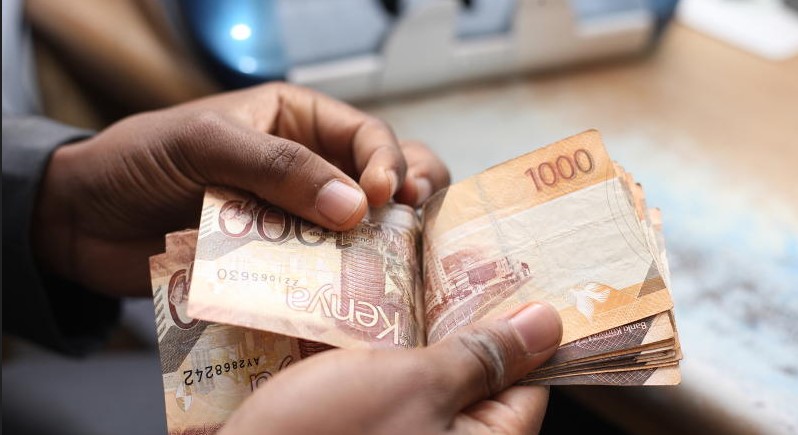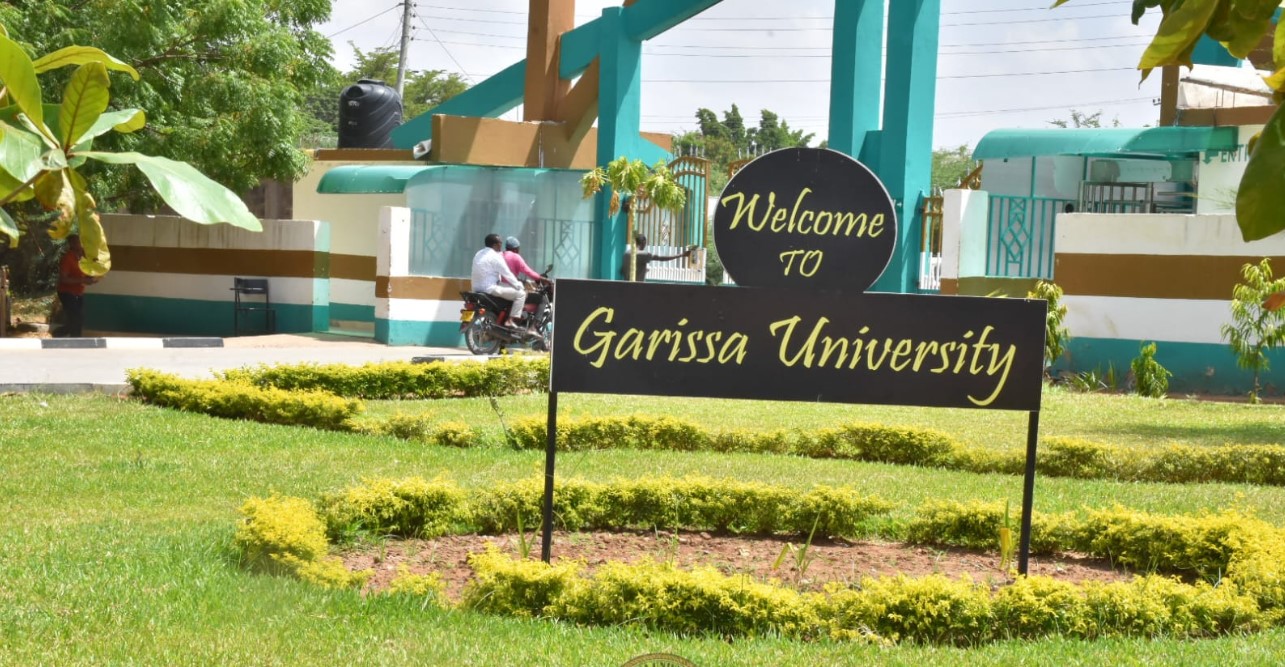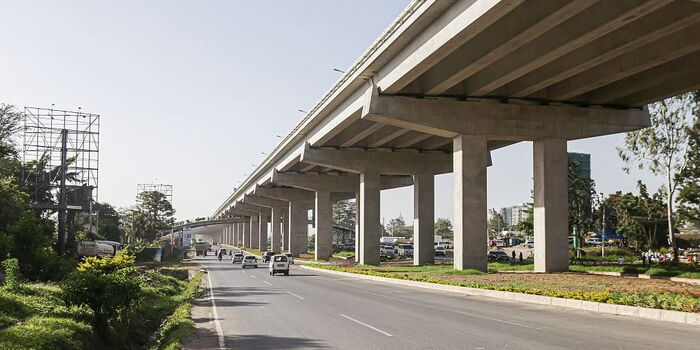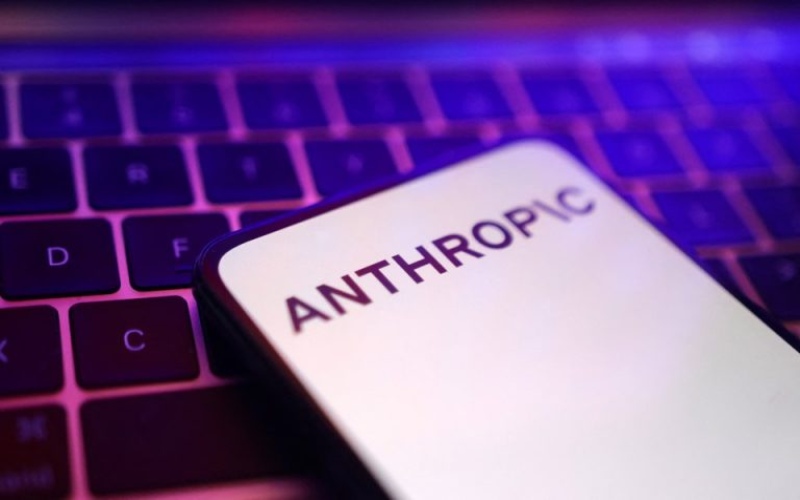Faith-based lobby calls for cancellation of unjust debt to boost funding to critical sectors

Delegates at the launch reiterated calls for the cancellation of unjust debts, which they argue undermine human dignity and hinder sustainable development. They also outlined plans to take the campaign to the international stage following the official launch.
The cancellation of loans that cannot be accounted for is essential to breaking cycles of entrenched poverty, enabling nations to allocate resources towards productive sectors such as healthcare, education, and infrastructure development.
This was the rallying call at the Jubilee 2025 debt relief campaign in Nairobi on Wednesday, which brought together faith-based organisations, civil society, and policymakers.
More To Read
They argued that African countries are being suffocated by unjust debts, sustained by unfair lending terms and corrupt regimes, and called for total debt cancellation to relieve the burden on taxpayers.
According to Bishop Charles Sampa Kasonde, Chairman of the Association of Member Episcopal Conferences in Eastern Africa (AMECEA), the campaign aims to advocate for structural reforms to prevent debt dependency, systemic inequities in credit markets, and exploitative lending policies by external lenders.
The call builds on the historic success of the Jubilee 2000 campaign, which resulted in over $100 billion (Sh12.9 trillion) in debt relief for some of the world's poorest countries, including Uganda, Mozambique, and Tanzania.
"This debt cancellation enabled countries to invest in critical sectors such as health, education, and infrastructure, dramatically improving the lives of millions," the campaign report states.
Kenya’s escalating debt crisis
Once considered a model for stable economic growth in East Africa, Kenya is now grappling with an alarming debt-to-GDP ratio exceeding 70% and an overreliance on external financing for development.
The country’s growing debt burden has been a focal point for years, with figures showing a steady rise in debt levels throughout 2023 and into 2024.
The latest data from the Central Bank of Kenya (CBK) shows that as of September 2024, Kenya’s debt stood at Sh10.8 trillion, reflecting a 5% increase from Sh10.3 trillion earlier in the year.
Notably, debt levels surpassed the then-set ceiling of Sh10 trillion in June 2023. According to CBK, Kenya’s public debt reached Sh10.027 trillion in the last week of June 2023, officially breaching the statutory debt ceiling set in June 2022 for the 2022/2023 financial year.
At the same time, Parliament approved the replacement of the Sh10 trillion debt ceiling with a debt anchor set as a percentage of GDP, aligning with IMF conditions imposed on Kenya.
However, this move compromised the government’s ability to comply with the East African Community’s debt target of 50% of GDP.
Kenya’s National Assembly’s Public Debt and Privatisation Committee set the public debt threshold at 55% of GDP in present value terms, with an allowance of up to 60%.
Despite this, Kenya has again exceeded this target, with the current debt-to-GDP ratio standing at approximately 69%.
The Jubilee 2025 campaign report highlights that Kenya is projected to spend over $10 billion (Sh1.3 trillion) on external debt repayments in 2024 alone, consuming over 60% of total government revenue.
The report also shows that as of June 2023, Kenya’s debt service costs stood at 58.8% of total revenue, up from 47.9% in June 2022.
"This increase has been driven by rising external debt repayments, worsened by the depreciation of the Kenyan Shilling against dominant foreign currencies in the external debt portfolio, and high-interest payments on domestic debt," the report states.
Consequently, budgetary constraints have forced cuts in education, healthcare, and public sector wages, eroding socio-economic progress, the report adds.
Regional debt distress
The report also highlights that over 22 African countries are currently in debt distress or at high risk of defaulting due to unjust lending practices.
Delegates at the launch reiterated calls for the cancellation of unjust debts, which they argue undermine human dignity and hinder sustainable development. They also outlined plans to take the campaign to the international stage following the official launch.
Speaking at the launch, Fr. Charles Chilufya S.J., Director of the Jesuits Justice and Ecology Network Africa, raised concerns about how international credit rating agencies assign misleadingly positive scores to African nations, encouraging excessive borrowing.
"Countries have been rated positively, but at a cost. Take Kenya, for instance—when it was on the brink of defaulting on its inaugural Eurobond, it had to take on additional loans to repay existing debt," he explained.
Faith-based stakeholders argue that debt cancellation is not just an economic necessity but a moral obligation.
Their calls align with Pope Francis’ appeal for Jubilee 2025, which frames debt forgiveness as essential to ensuring sustainable human development.
Debt cancellation, he argues, is fundamental to breaking cycles of entrenched poverty and enabling nations to redirect resources towards critical sectors such as healthcare, education, and infrastructure development.
Top Stories Today









































